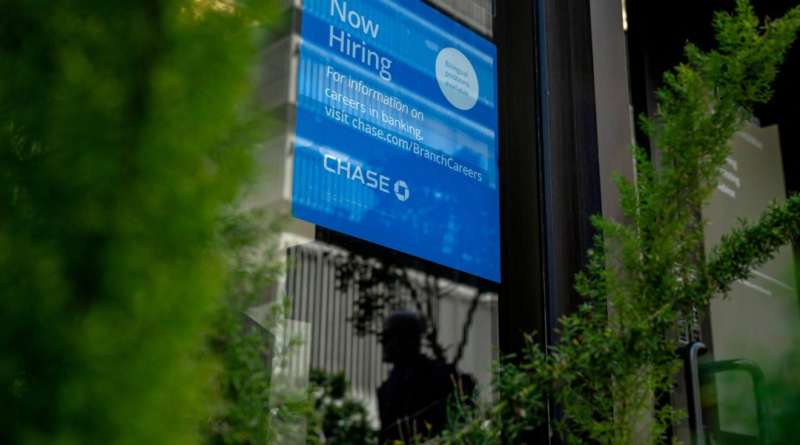Job growth blows past Wall Street's expectations with 272,000 jobs added in May
America’s employers added a vigorous 272,000 jobs in May, accelerating from April and a sign that companies are still confident enough in the economy to keep hiring despite persistently high interest rates.
Last month’s strong job growth reflected the durability of America’s consumer-driven economy. With the nation’s households continuing their steady spending, many employers have had to keep hiring to meet their customer demand.
The unemployment rate edged up to a still-low 4%, from 3.9%, ending a 27-month streak of unemployment below 4%, the Labor Department said Friday. That had matched the longest such run since the late 1960s.
President Joe Biden is likely to point to Friday’s jobs report as a sign of the economy’s robust health under his administration. The presumptive Republican nominee, Donald Trump, has focused his criticism of Biden’s economic policies on the surge in inflation, which polls show still weighs heavily in voters’ assessment of the economy.
Last month’s robust job gain suggests that the economy should keep expanding at a steady pace. A healthy job market typically propels consumer spending, the economy’s principal fuel. Some recent signs of economic weakness have raised concerns that growth was faltering. May’s jobs report could help assuage those worries.
Still, the Federal Reserve’s inflation fighters would like to see the economy cool a bit as they consider when to begin cutting their benchmark rate. The Fed sharply raised interest rates in 2022 and 2023 after the vigorous recovery from the pandemic recession ignited the worst inflation in 40 years.
Annual inflation has declined to 2.7% by the Fed’s preferred measure, still above the Fed’s 2% target. Cooler hiring over time could slow wage gains and help fully tame inflation. Chair Jerome Powell has said the Fed needs greater confidence that inflation is returning sustainably to its target before it would reduce borrowing costs.
Frank Fiorille, vice president of compliance and data analytics at Paychex, a payroll provider for small businesses, said that hiring actually accelerated among their clients last month.
“That sort of mom-and-pop, Main Street small business — we’re hearing still pretty positive things,” Fiorille said.
Fed officials will be scrutinizing Friday’s data on job growth and pay gains as they consider their next steps on interest rates, in particular when to begin cutting their benchmark rate. In its fight against inflation, the central bank raised its key rate 11 times beginning in March 2022 to its current 22-year peak. When the policymakers meet next week, they are poised to leave their benchmark rate unchanged but will update their economic projections, and Chair Jerome Powell will hold a news conference.
When the Fed began aggressively raising rates, most economists expected the resulting jump in borrowing costs to cause a recession and drive unemployment to painfully high levels. Yet the job market has proved more durable than almost anyone had predicted. Even so, Americans remain generally frustrated by high prices, a continuing source of discontent that could imperil President Joe Biden’s re-election bid.
A key reason why the economy is still producing solid net job growth is that layoffs remain at historic lows. Just 1.5 million people lost jobs in April. That’s the lowest monthly figure on record — outside of the peak pandemic period — in data going back 24 years.
After struggling to fill jobs for several years, it turns out, most employers are reluctant to lay off workers.




